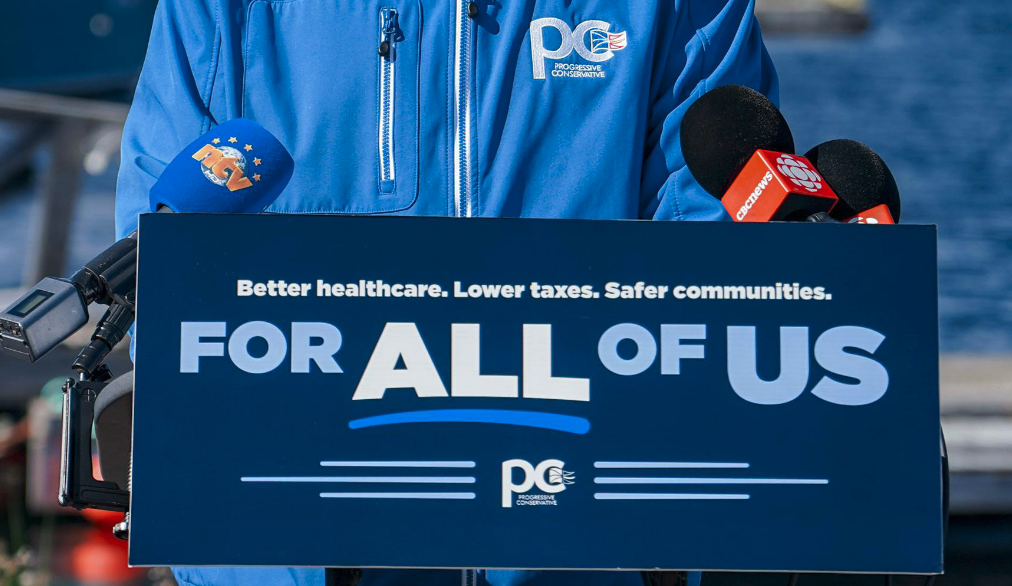
October 20th, 2025
Voters in Newfoundland and Labrador signaled a desire for change in the recent provincial election, ousting the governing Liberals after ten years in power and giving the Progressive Conservatives (PCs) a slim majority win. Tony Wakeham’s Tories captured 21 of the legislature’s 40 ridings, gaining seven seats, while the Liberals were reduced to 15. Wakeham credited his campaign’s focus on health care, crime, and pocketbook issues for the victory, highlighting the need for fiscal responsibility, better services, and economic growth.
For restaurant operators across the province, the PC platform focuses on cutting red tape, supporting small businesses, and addressing workforce shortages while offering several policies that could directly impact operations, staffing, and growth opportunities. Here is what it could mean for restaurant operators across Newfoundland and Labrador.
The PC platform emphasizes reducing unnecessary regulations and streamlining government services:
Implications for restaurant operators: Simplified regulations and lower taxes could make it easier for restaurants to open new locations, expand services, or invest in technology such as POS systems, online ordering platforms, and delivery infrastructure. Faster government processing times could also reduce delays when applying for permits or licenses.
Restaurants in Newfoundland & Labrador have faced staffing challenges, and the PC platform highlights a multi-pronged approach to addressing workforce shortages:
Implications for restaurant operators: A stronger workforce pipeline could help alleviate labour shortages in the hospitality sector. More skilled local workers and targeted immigration initiatives may make it easier to hire cooks, servers, and management staff. Expanded training programs could also help restaurant employees upskill and advance within the industry.
The PCs are also emphasizing support for local businesses and trade:
Implications for restaurant operators: Restaurants could benefit indirectly from a stronger local supply chain, reduced costs, and easier access to products from other provinces. For those looking to expand into retail food sales or catering, smoother trade and procurement rules could create new opportunities.
The platform also includes several measures aimed at increasing disposable income for residents, which can translate into more spending at restaurants:
Implications for restaurant operator: More disposable income and reduced costs for consumers may lead to increased restaurant patronage. Additionally, the elimination of the sugar tax could reduce beverage costs and simplify menu pricing for cafes, bubble tea shops, and fast-casual restaurants.
The PC platform reflects a pro-business approach that could have a meaningful impact on Newfoundland and Labrador’s restaurant industry. By lowering taxes and simplifying regulations, restaurants may see reduced administrative burdens and more capital to reinvest in their operations. Workforce development programs could help address ongoing staffing challenges, while local procurement and trade initiatives may strengthen supply chains and open new growth opportunities.
At the same time, measures aimed at increasing affordability for residents could encourage more dining out and higher customer spending. While the full effects will depend on how these policies are implemented, restaurant owners should pay close attention to the election results, as they could shape the province’s business environment for years to come.
The PCs plan to lower the small business tax to 1% and reduce unnecessary regulations, which could free up capital and reduce administrative burdens for restaurants. These changes may make it easier to expand operations, invest in technology, or hire additional staff.
Yes. The platform includes workforce development initiatives such as targeted immigration, skills training, and apprenticeship programs. These measures aim to fill labor gaps and provide a more stable pool of workers for the hospitality and restaurant sectors.
Policies like raising the basic personal income tax exemption, eliminating the sugar tax, and permanently lowering the gasoline tax could increase disposable income for residents. This may encourage more dining out and boost overall customer spending at local restaurants.